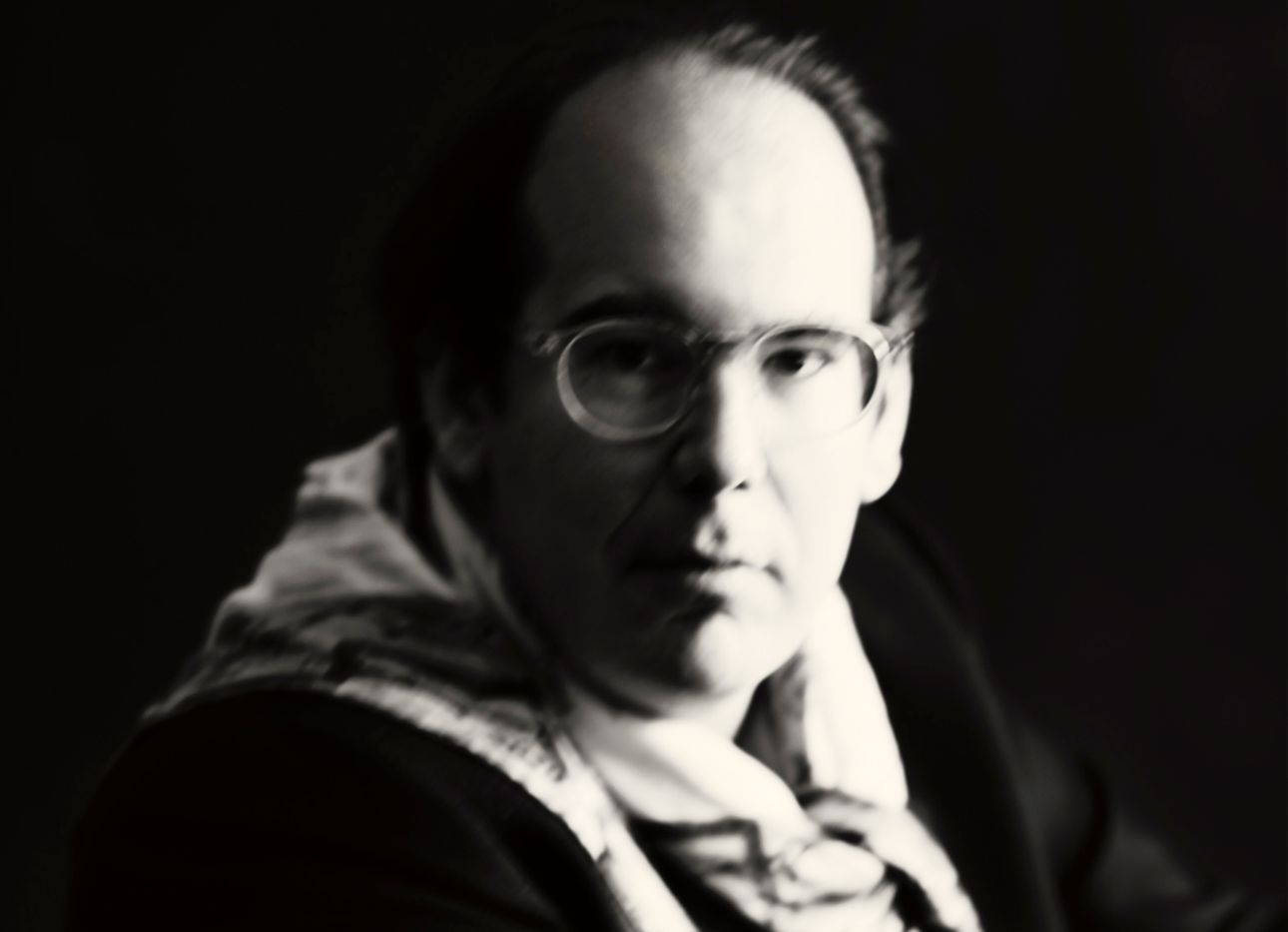
A New Book Tackles the Hotly Debated Role of Encyclopedic Museums
Debates about whether encyclopedic museums—institutions that collect and contextualize cultural artifacts across time and space—should act as more than mere repositories date back decades, but have taken on a new urgency as of late. Now, institutions are contemplating their futures while navigating critical questions about representation, diversity, and the decolonization of both their programming and collections. Scholar and critic Donatien Grau, the head of contemporary programs at Paris’s Musée d’Orsay (and the guest on Ep. 12 of our At a Distance podcast), tackled these topics through interviews with nearly 30 leaders, and compiled the conversations in a new book, Under Discussion: The Encyclopedic Museum (Getty Publications). We recently spoke with Grau about the future of institutions and the layered, ever-evolving narratives of the objects they contain.
What central issues do encyclopedic museums face today, and what prompted you to explore them?
There are significant questions related to those institutions, which gather objects from all over the world that could at times be considered pragmatic, not always problematic. I felt that maybe the debate had shifted, because the notion of an encyclopedic museum has shifted—there’s no better encyclopedia than the internet. And, of course, a number of questions have been raised about the provenance of objects and their identity, history, status, and the fact that they could have civil lives. There’s also a debate around the constituencies and the representativity of museums. But this discussion didn’t start two years ago. I think, for anybody who’s been involved in museums, it’s a debate that has [always] been part of the conversation. And rightly so.
How did you select the people you interviewed for the book?
I didn’t want it to just be a museum directors’ club. I wanted to open up this quintessential Western institution to a broad and diverse range of voices: people who had thought about encyclopedic museums and the [related] issues, but hadn’t been brought into the conversation. People like [British-Ghanaian philosopher and cultural theorist] Kwame Anthony Appiah, [Indian-English scholar] Homi K. Bhabha, and [Indian political scientist and anthropologist] Partha Chatterjee—really phenomenal thinkers.
In my research, I came across this extraordinary piece by Senegalese philosopher Bachir Souleymane Diagne on the objects in museums as “mutating objects,” which said that we should acknowledge that they have different lives. It’s really important to be aware of that.
Do you think museums are still relevant?
Every museum that exists is contemporary and of its time—that you can’t change. The question is, Are you aware of it, or not? Museums have extraordinary collections with an impeccable history on the one end, and a complicated history on the other. These institutions are still here, which means that they are, by definition, relevant.
But isn’t there room for a more plastic model? The fact that these museums need to rethink themselves, and that there needs to be room for others, doesn’t mean that there isn’t room for them.
How can institutions achieve that kind of inclusivity?
A museum is made of the encounter of two entities: a collection and an audience, or a public. They’re here to serve the public. Museums can now do research projects, big commissions, [create] digital programming, speak to pop culture, invite artists into the room—there are so many things to do. Being platforms, museums need to do it all.